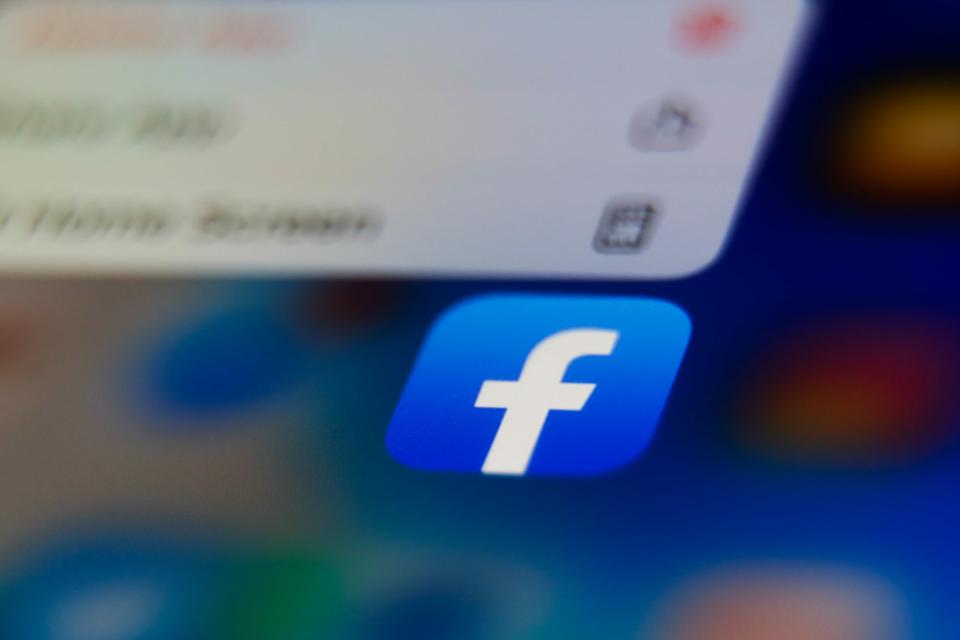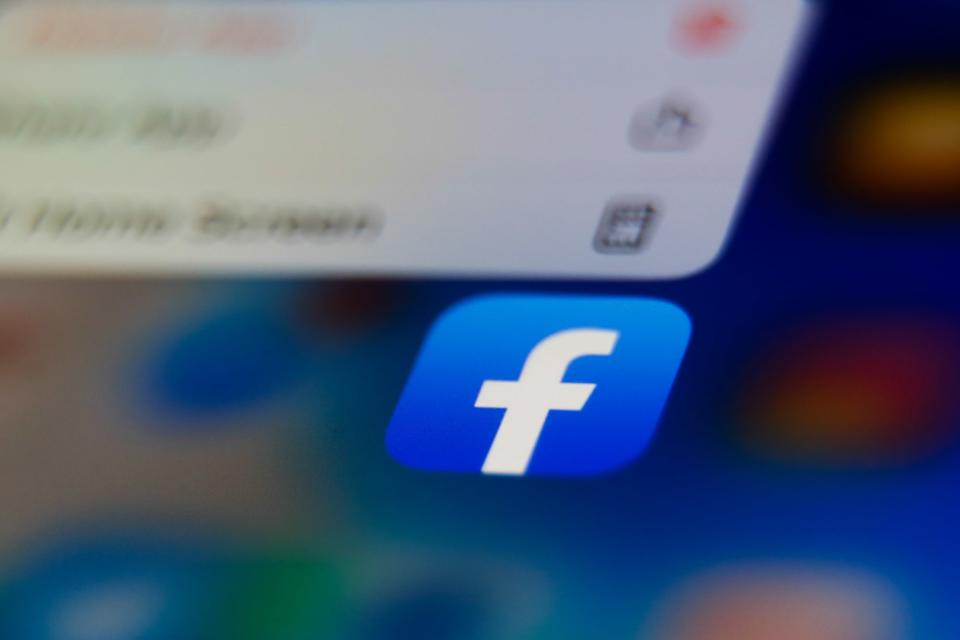Facebook is suing over domains that could be mistaken for its products
Domain registrar Namecheap allowed addresses like whatsappdownload.site.
Facebook is once again attempting to take down domains that may have been used to scam and phish people. The company says it has filed a lawsuit against domain name registrar Namecheap and its proxy service, Whoisguard. According to Facebook, the latter registered 45 domains that were made explicitly to confuse people into thinking they were affiliated with its app and products. Some of the domains Whoisguard allowed include instagrambusinesshelp.com and whatsappdownload.site.
Facebook notes it sent multiple notices to Whoisguard between October 2018 and February 2020, asking it to share information about the domains. Despite those requests, the company didn't cooperate. "Our goal is to create consequences for those who seek to do harm and we will continue to take legal action to protect people from domain name fraud and abuse," Facebook said.
Last year, Facebook filed a similar suit against a domain registrar OnlineNIC. At the time, Facebook mentioned 20 URLs OnlineNIC had allowed cybersquatters to claim. In OnlineNIC's instance, the company also had a history of allowing the practice.

 Yahoo Finance
Yahoo Finance 

